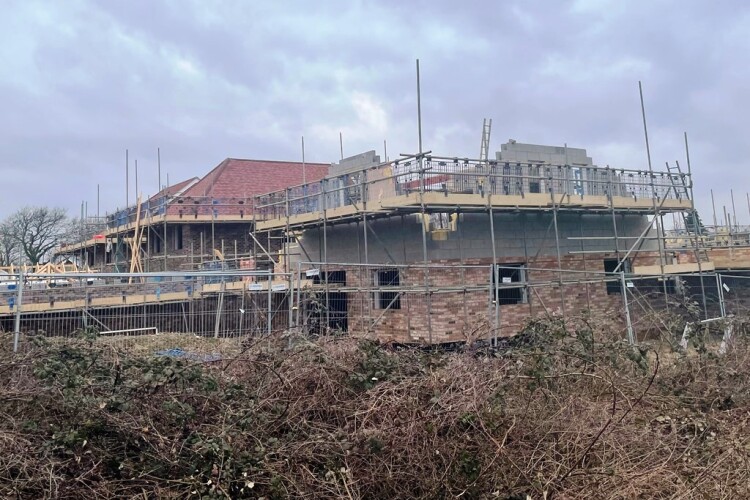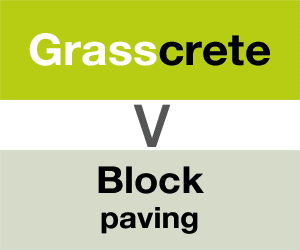Analysis by PwC shows that despite construction output recovering to pre-pandemic levels in 2022, this year is a different story.
Higher mortgage rates and the cost of living squeeze have weakened demand, dragging the construction sector into contraction. PwC is forecasting an 8% decline of total new build output in 2023, primarily driven by a 21% decline in residential output.
The PwC Construction and Housebuilding Outlook also shows that repair & maintenance output remains more resilient than new build activity, while infrastructure spending will remain strong for the long term.
Despite the initial post lockdown bounce, the overall picture for 2019-22 presented a period of stagnant real growth of 0.8% due to reduced site access, labour shortages and high energy and material inflation driven by the Russian invasion of Ukraine. The report also predicts that 2023 will see an overall decline in construction spend of 5% before returning to growth in 2024 and 2025.
Paul Sloman, engineering and construction sector leader at PwC, said: “As the path to homeownership becomes even more complicated for UK consumers, today's figures prove concerning reading. With the cost of borrowing for mortgages now at its highest level since 2008, it follows that fewer sales enquiries and slower decision-making among prospective homeowners would be the result.
“With a sharp fall in demand, house-builders will logically act to preserve cash and ensure they are building only what they could sell. However, despite these headwinds, we do see green shoots and predict an overall return to strong growth in 2024 and 2025.

“We also expect house-builders to continue to be selective on new starts on sites, focusing on areas where there is greater confidence of realisable demand. We anticipate more will lean into providing alternative tenures such as affordable housing and private rental where partnerships with institutional capital are likely to continue growing.”
Meanwhile, the latest HBF Housing Pipeline report, produced by the Home Builders Federation using data from Glenigan says that the number of projects granted planning permission during the second quarter of 2023 – 2,456 – was the lowest since the Housing Pipeline Report began recording in 2006. This number is 10% lower than the previous quarter and 20% lower than a year ago.
Approval was granted for 62,681 homes during the second quarter, dropping 16% on the previous quarter and 13% on the same period a year ago. Other than the covid-affected second quarter of 2020, this is the fewest permissioned homes in a quarter since 2015.
Stewart Baseley, executive chairman of the Home Builders Federation, said: ““Over recent years the policy environment has become increasingly anti-development and anti-business and as a direct result we are seeing a sharp fall in the number of homes being built.
"The government’s capitulation to the nimby lobby on planning, its mishandling of water legislation and amidst a lack of mortgage availability the lack of support for first time buyers could see housing supply drop markedly in the coming years. Fewer homes being built amidst an acute housing crisis has clear social implications, in particular for young people, and will reduce economic activity and cost jobs.”
Got a story? Email news@theconstructionindex.co.uk



